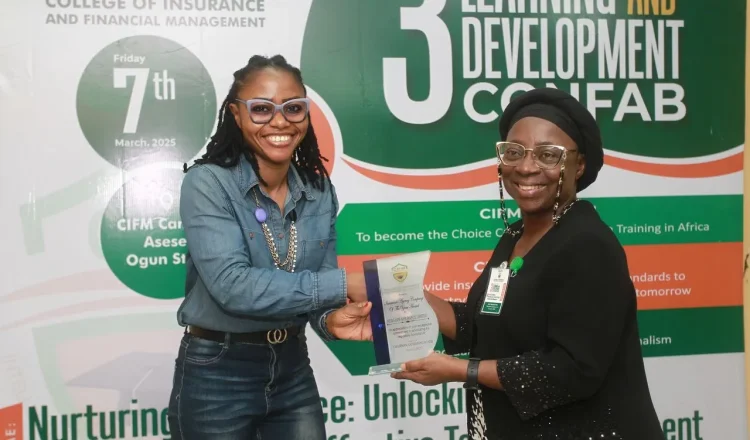Experts Set CSR Agenda At MediaConsortium’s Impacts And Excellence Conference
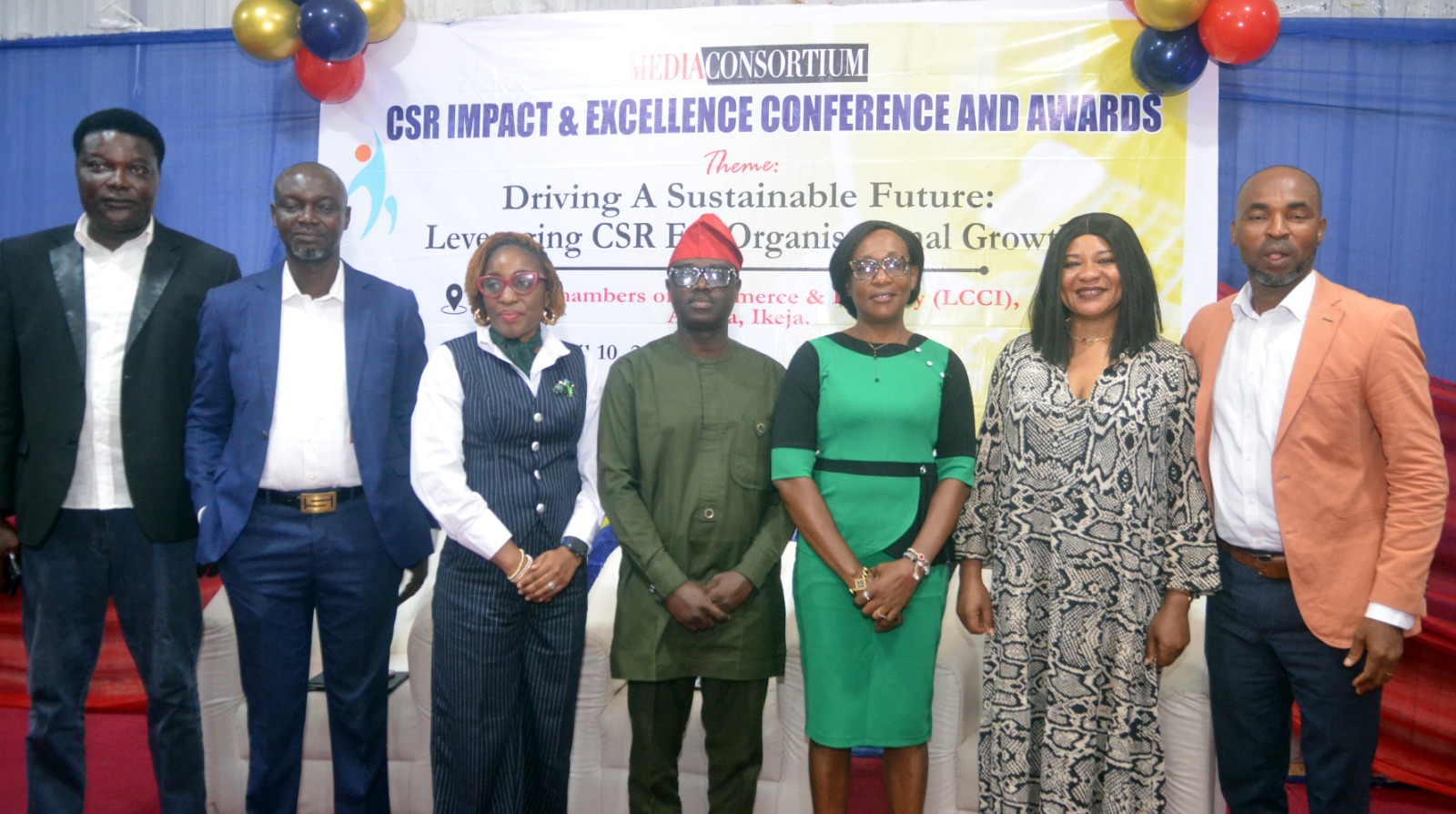
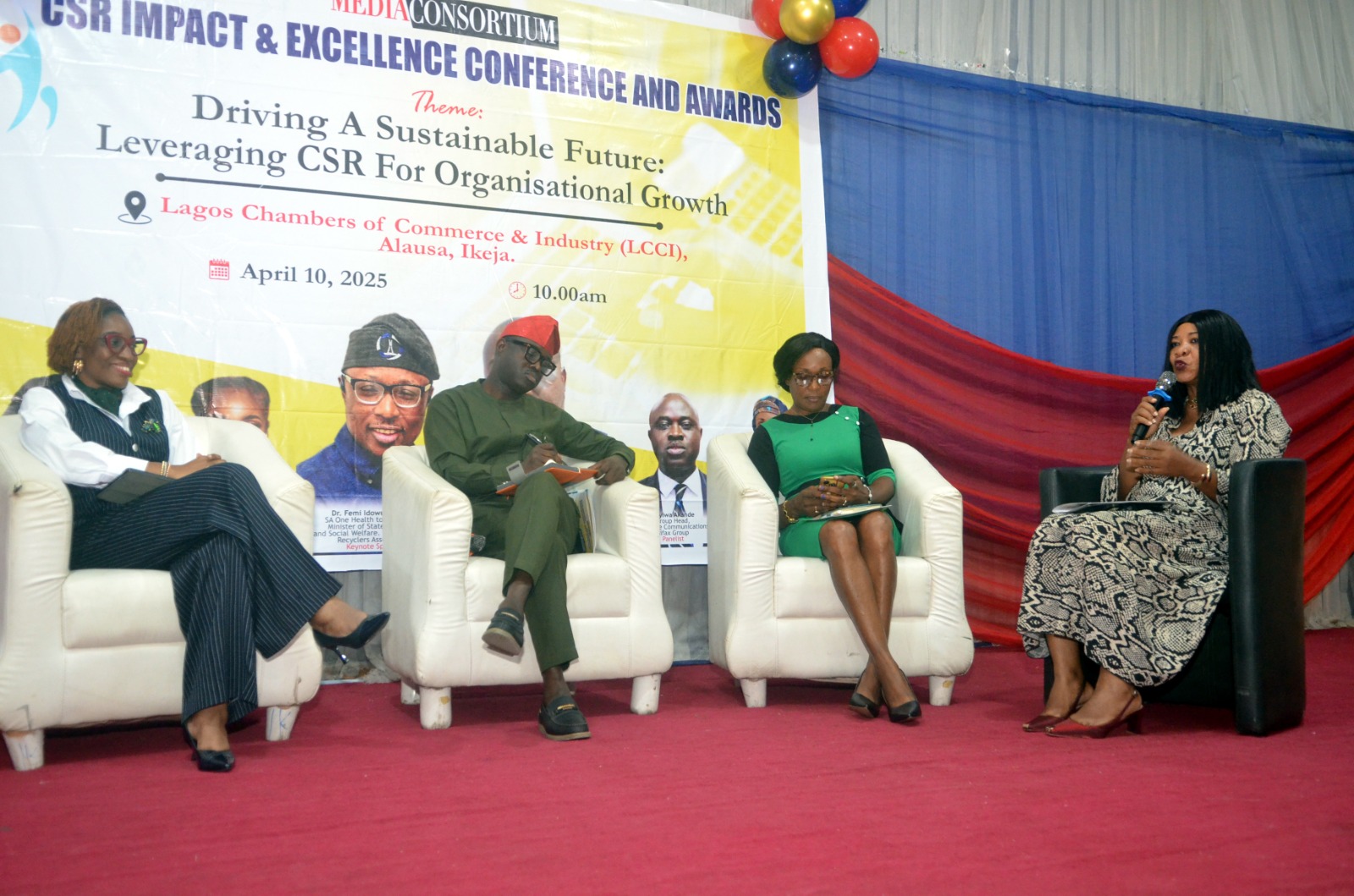
The city of Lagos recently played host to a gathering of leading voices in Corporate Social Responsibility (CSR) and Sustainability at the inaugural edition of the MediaConsortium CSR Impacts and Excellence Conference and Awards.
Held at the prestigious Lagos Chamber of Commerce and Industry, Alausa, Ikeja, the event convened industry leaders, policy makers, sustainability advocates, and business professionals to explore actionable pathways for CSR-driven organizational growth and societal impact.
Themed “Driving a Sustainable Future: Leveraging CSR for Organisational Growth,” the conference provided a platform for in-depth discussions on how companies can embed CSR into their core strategies and celebrate businesses making outstanding contributions to social and environmental sustainability.
Delivering the keynote address on behalf of Ekuma Eze, Head of Corporate Affairs and Sustainability at Rite Foods, Olukemi Ogunsankin emphasized the urgency for businesses to embrace sustainability. “As people become more environmentally concerned, businesses must adapt to stay relevant and responsible,” she said. “Companies that prioritize sustainability and planet stewardship not only help the environment but also enhance their brand image and attract more customers.”
She further highlighted that sustainable practices—such as investing in renewable energy and organic farming—can translate into long-term cost savings and increased profitability.
Dr. Femi Idowu-Adegoke, Special Adviser on One Health to the Honourable Minister of State for Health and Social Welfare, and President of the Lagos Recyclers Association, also addressed attendees. He noted that CSR in Nigeria must evolve beyond charity and become a central business strategy. “In Nigeria, where socio-economic and environmental issues persist, businesses that strategically integrate CSR into their operations can achieve competitive advantage, stakeholder trust, and long-term profitability,” he remarked.
Dr. Idowu-Adegoke stressed that while the government continues to address national challenges, the private sector’s strategic involvement through CSR is indispensable. He encouraged organizations to go beyond token acts and embrace structured, impact-driven CSR initiatives.
A vibrant panel discussion moderated by Clara Okoro, immediate past Chairman of the Brands Journalists Association of Nigeria (BJAN), explored critical questions around effective CSR implementation, challenges faced by companies, and opportunities for deeper impact.
In his welcome address, Adetunji Faleye, Co-Publisher of MediaConsortium Magazine and one of the event conveners, set the tone for the day:
“It is with great pleasure and profound gratitude that I welcome you all to the MediaConsortium CSR Impacts and Excellence Conference 2025,” he said. “Corporate Social Responsibility is no longer just a buzzword; it is a fundamental commitment that forward-thinking organizations must embrace to create lasting impact.”
The event culminated in an awards ceremony recognizing organizations that have demonstrated excellence in CSR:
PZ Wilmar – Best CSR Initiative in Palm Oil Production
Iron Resources Limited – Sustainable Business Award
Capacious Foods – Outstanding CSR Initiative in Organic Farming
Simba Group – Outstanding CSR Initiative in Renewable Energy
Sifax Group – Outstanding CSR Initiative in Community Development
The conference was a resounding success, reinforcing the need for intentional CSR strategies that not only benefit businesses but also contribute meaningfully to society and the environment. Attendees left inspired to innovate, collaborate, and lead with impact.



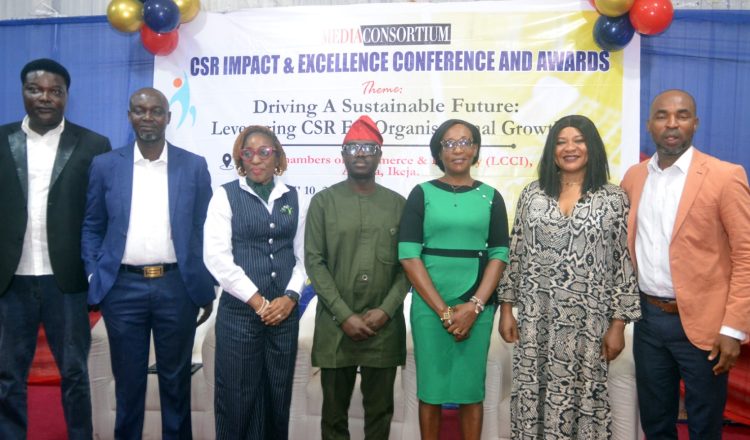
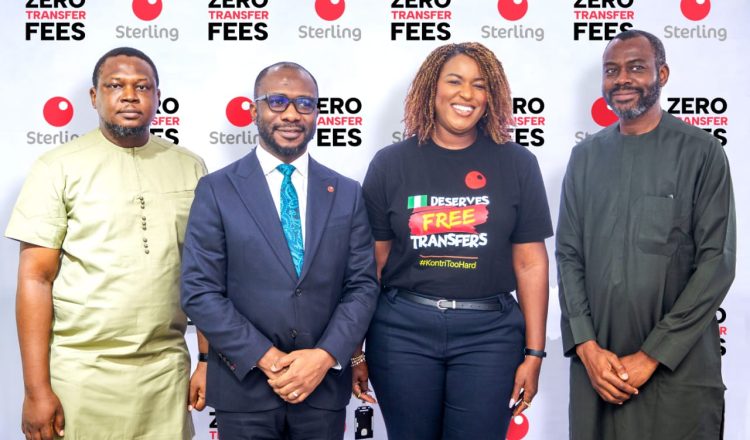

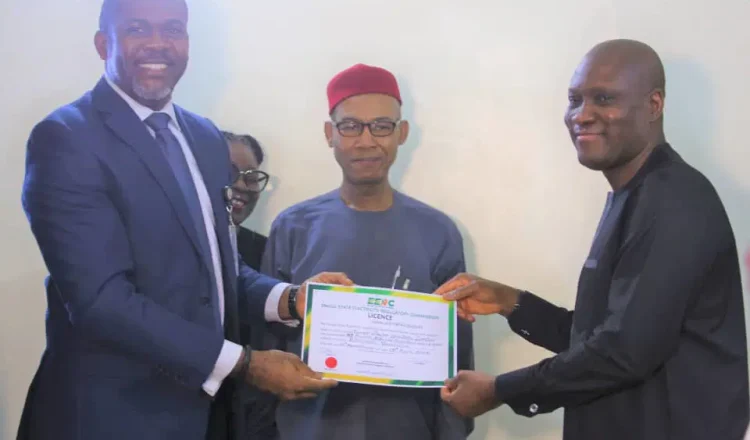
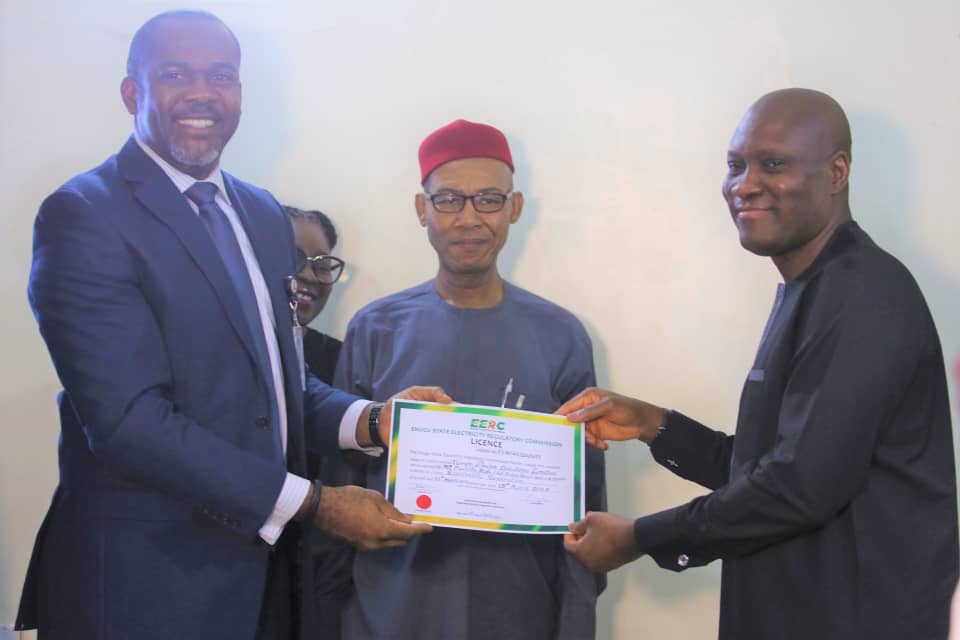 LarryBravo Nwaiwu
LarryBravo Nwaiwu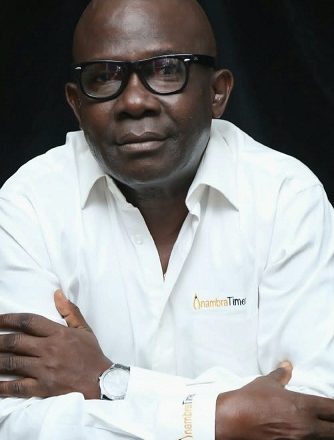
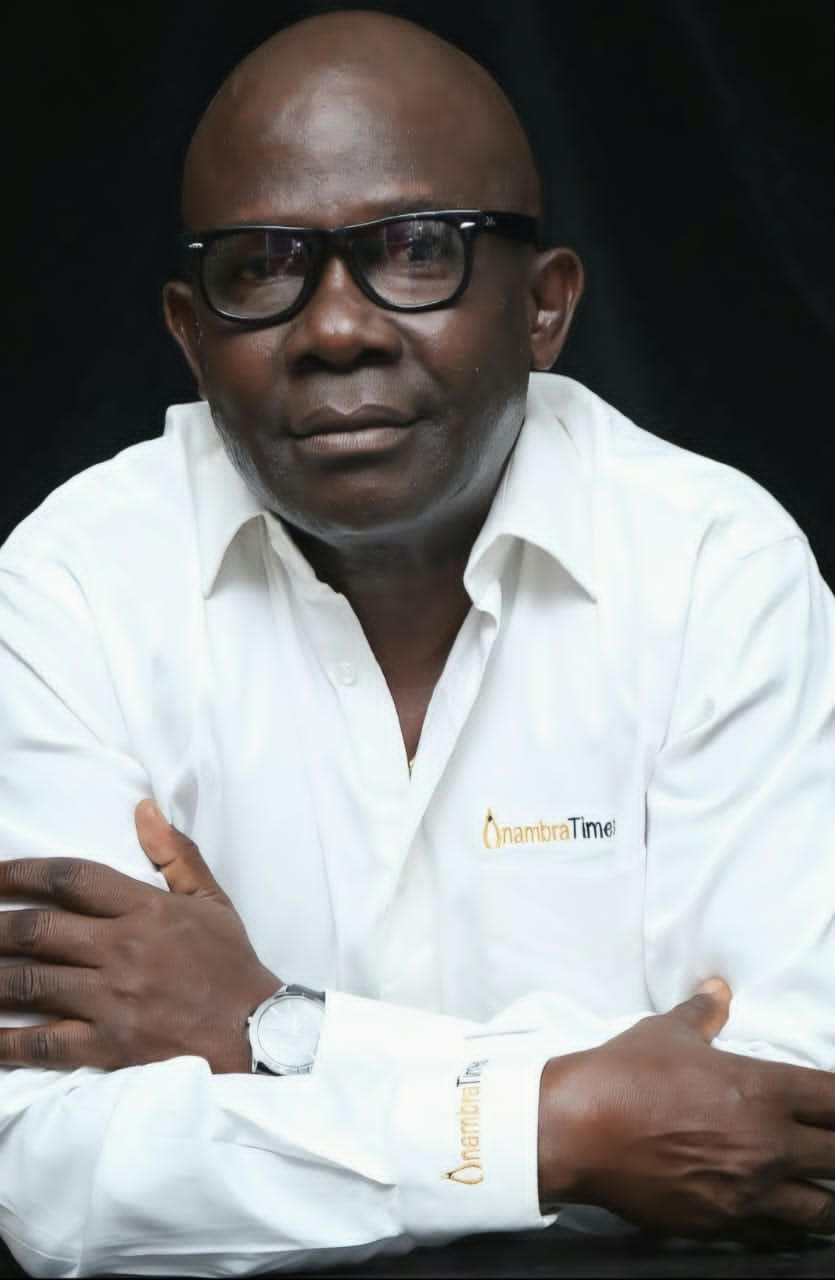



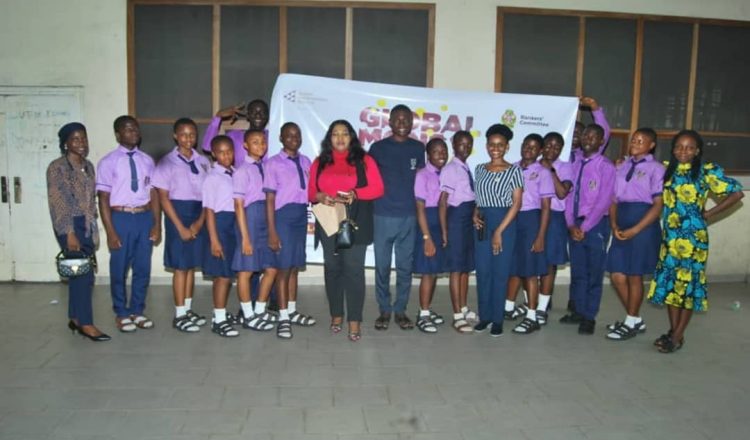
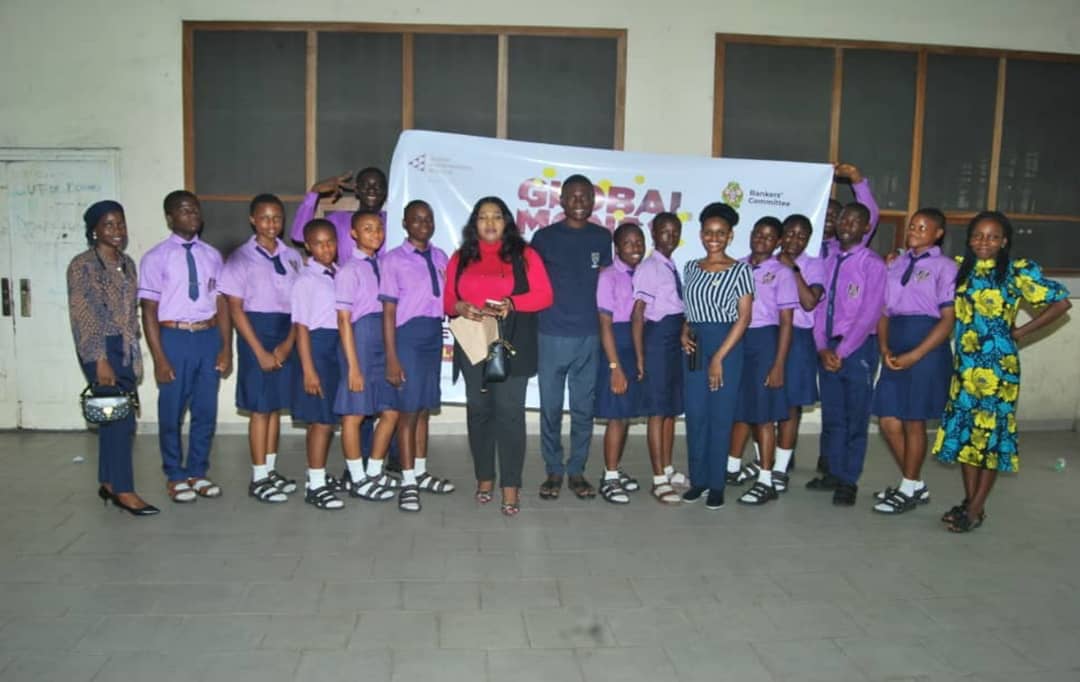
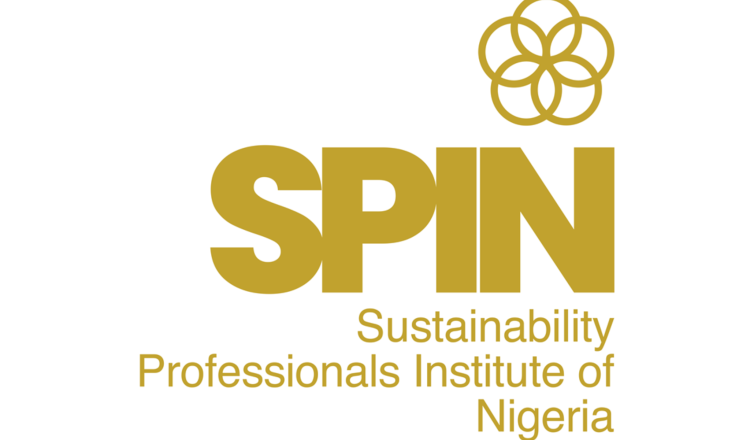


 LarryBravo Nwaiwu
LarryBravo Nwaiwu